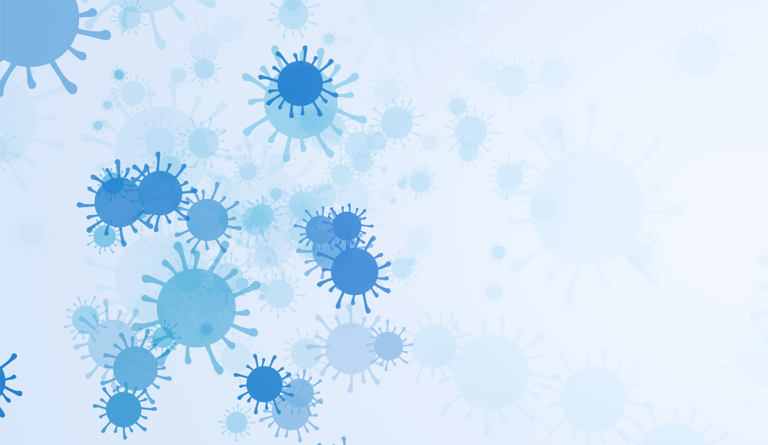Covid-19 Content for Latinx Health
Salud America! immediately put its digital content curation model to work with the goal of mitigating the impact of Covid-19.

Read Time: 4 minutes
Published:
Before COVID-19, Latinx communities faced many health inequities. Lack of access to healthcare, social support, healthy food, affordable housing, and more contribute to Latinx health disparities in obesity, chronic disease, and certain cancers. The pandemic exposed and worsened these inequities and created new disparities.
In March 2020, Salud America!, a national program that promotes Latinx health equity, immediately put its digital content curation model to work with the goal of mitigating the impact of Covid-19 on the Latinx population. Digital content curation is a systematic process to create tailored online and social health messages for a target audience. Based at the University of Texas Health Science Center at San Antonio, Salud America! has been working since 2013 to generate culturally relevant content that raises health awareness and action for Latinx communities.
Between March 5, 2020, and May 3, 2020, Salud America! curated the following content:
- Website blog posts exploring the pandemic’s effects on Latinx populations (virus knowledge, disparities in case and death rates, economic fallout, paid sick leave, etc.).
- Peer-modeled stories of people responding meaningfully to the crisis.
- Salud Talks Podcast episodes addressing pandemic health.
- #SaludTues Tweetchats engaging Twitter users on Covid-19 solutions.
- Action tools, such as those equipping school leaders to make changes to address childhood trauma, even while schools are closed.
- A localized data tool for advocates to start local community change.
“We continue to need immediate focus to ease the coronavirus pandemic and its impact on Latinx people and people of color. We also need long-term strides to address underlying inequities and racial and ethnic injustices that are aggravated during this time.”
This curated daily content fed the program’s network of over 300,000 providers, researchers, and community leaders across multiple communication platforms. A recent study comparing activity on the site during the same time period in 2019 found record spikes in user traffic in 2020. According to Google Analytics, Covid-19-related web traffic included:
- Nearly three times the number of website users (43,212 in 2019; 127,069 in 2020);
- 2.5 times the number of page views (69,803 in 2019; 173,508 in 2020);
- Longer time spent on the site (2.43 minutes in 2019; 3.33 in 2020);
- And a diversified gender audience (30% women in 2019; 42% women in 2020).
According to Dr. Amelie G. Ramirez, director of the national Salud America! program, the digital content curation approach has enabled Salud America! to meet demand with applicable pandemic content related to Latinx people. “We have shown that digital content curation is an effective, measurable public health promotion tool to disseminate awareness-raising and action-oriented messaging around Covid-19’s disproportionate effects on Latinx people in the US,” Ramirez said.
Salud America! curation continues on Covid-19. In September 2020, we lauched the “Juntos, We Can Stop Covid-19” digital communication campaign. The #JuntosStopCovid campaign features culturally relevant fact sheets, infographics, and video role model stories to help Latinx families take action to slow the spread of coronavirus.
We have found, through surveys, that network members who are more engaged with our digitally curated content are more likely to advocate for school, local, state and federal policymaking (52-58% have taken action) compared to those less engaged with our content (15-25% have taken action). Network members who are more engaged with our advocacy tools also have a greater self-efficacy for future advocacy actions.
The program has developed a new advocacy tool to tackle systemic racism and discrimination. Decades of unfair and discriminatory social, economic, and political systems have made it harder for Latinx people and other people of color to get healthcare, housing, transportation, education, employment, and safe treatment by police. These communities are thus disproportionately impacted by injury, disease, and premature death.
Advocates now have a new curated tool to make a change. The Salud America! Action Pack, “Get Your City to Declare Racism a Public Health Crisis,” guides a user on how to start a conversation with city leaders focused on getting them to commit to change policies and practices.
As Dr. Ramirez explains, “We continue to need immediate focus to ease the coronavirus pandemic and its impact on Latinx people and people of color. We also need long-term strides to address underlying inequities and racial and ethnic injustices that are aggravated during this time.”
Photo via Getty Images



